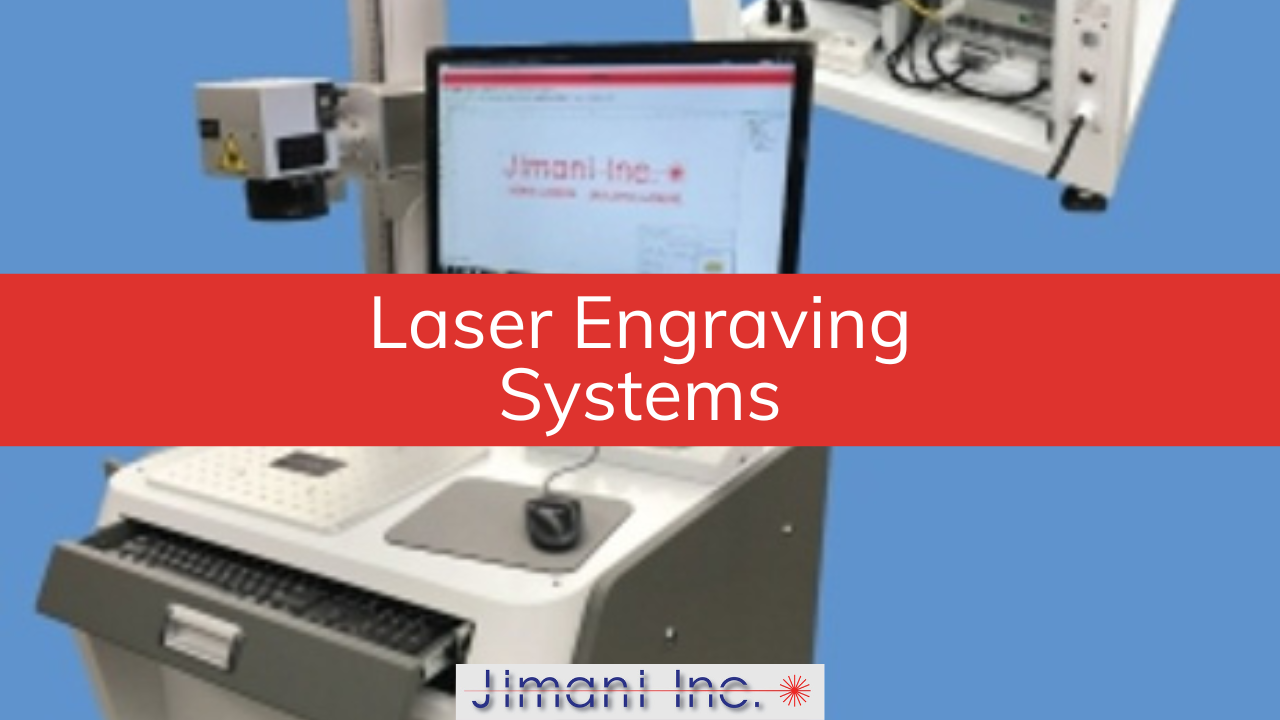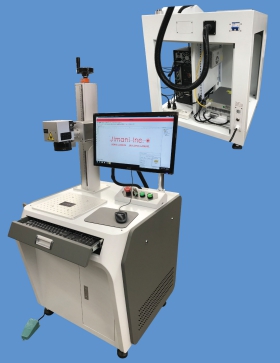Laser Marking 301: Laser Marking Techniques
Editor’s Note: This article was first published in Photonics Online. You can read the original...

Fiber Lasers provide a method of putting information on metal surfaces. That information can be in the form of serial and/or part numbers and text, product branding with logos, product identification with machine readable codes such as 1 and 2 d bar codes and QR Codes or placing locating or fiducial lines onto a part.
While some laser marking techniques simply ablate microns of material from the metal surface to provide contrast, laser engraving removes substantially more material when the marking has a depth or longevity requirement such as firearms engraving. Laser settings determine whether the marking is ablation or engraving.
 Laser engraving involves removing enough material so that the resulting mark has a measurable depth. Engraving with a fiber laser usually provides a depth measured in mils (thousandths of an inch), whereas ablation depths are measured in microns.
Laser engraving involves removing enough material so that the resulting mark has a measurable depth. Engraving with a fiber laser usually provides a depth measured in mils (thousandths of an inch), whereas ablation depths are measured in microns.
All metals are good candidates for Laser Engraving. Many non-metals can be laser marked but are usually unsuitable for engraving with a 1064 nm fiber laser. CO2 lasers are generally a better tool for engraving into non-metals.
Jimani offers many variations of our Low Cost Hybrid Fiber Laser Marking System including 30, 60, 80 and 100-watt versions. These systems have several advantages for engraving into metal including:
All Low-Cost Hybrid fiber laser marking systems are supplied with either Leopardmark or Prolase. Both of these software packages are user-friendly, proven, robust laser marking software packages that are very easy to use for importing and manipulating text or graphic files for part information, brands, logos, and schematic files.
Contact Jimani and see what they can do for you with a basic state-of-the-art laser marking system.
Editor’s Note: This article was first published in Photonics Online. You can read the original...
Fiber lasers are an ideal tool for many stainless steel marking applications. The fiber laser...
Over the years we’ve gotten a lot of questions about the various marking techniques that can be...